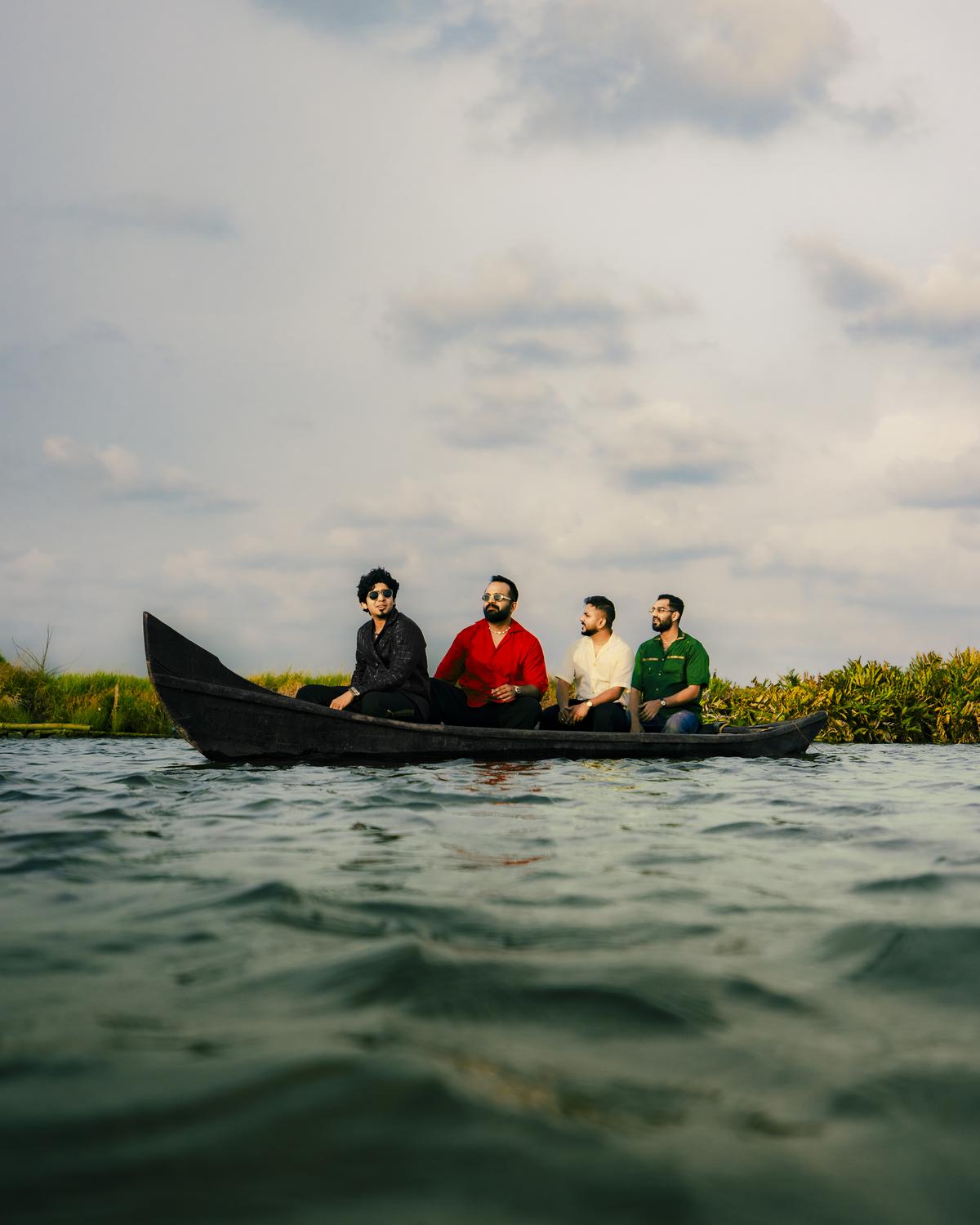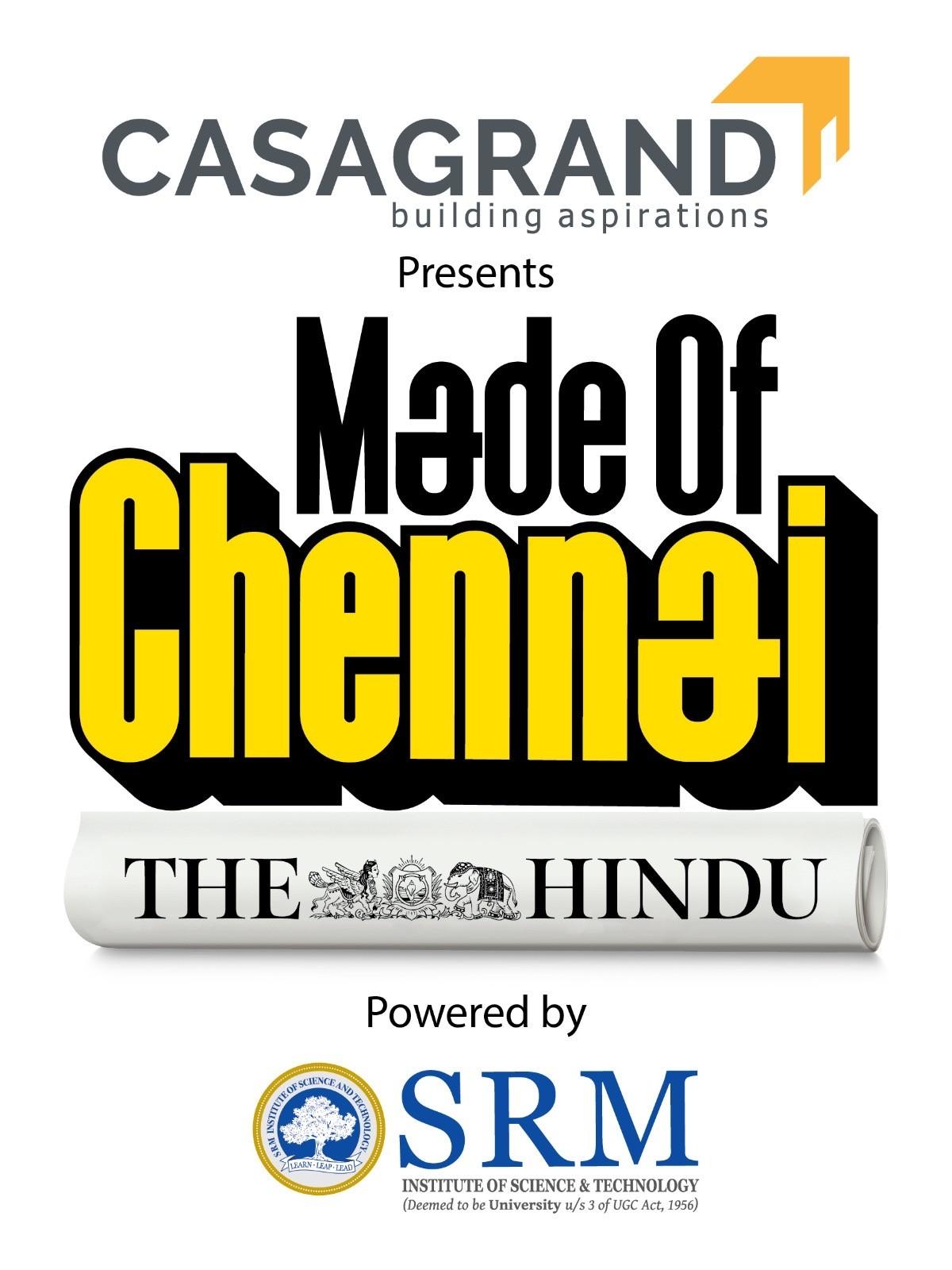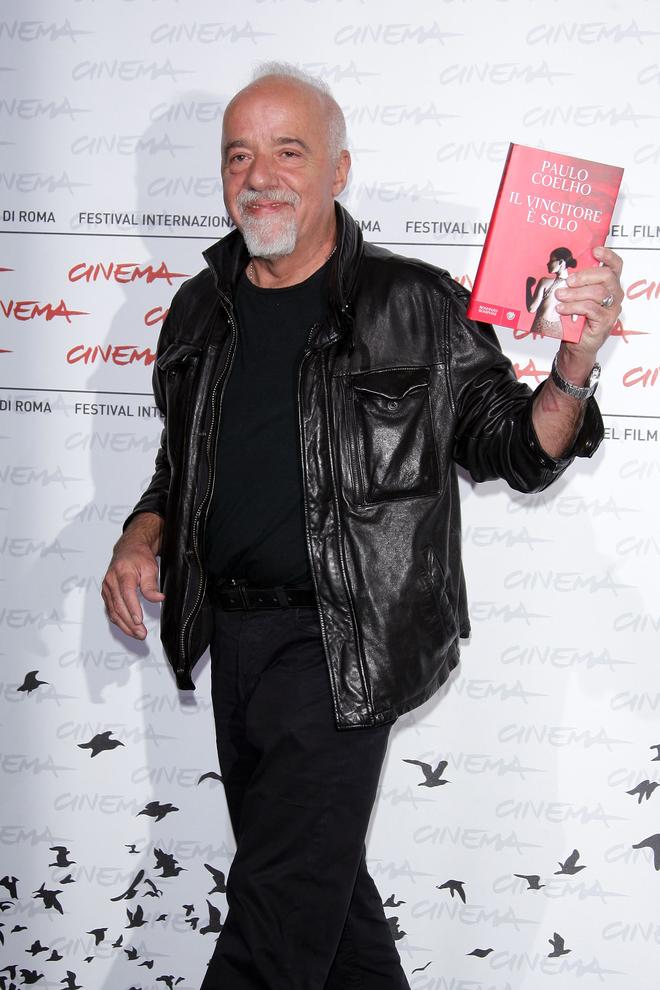Paradha is a refreshing breather in a largely machismo-driven Telugu cinema. Imagine three women, hailing from different backgrounds, on a road trip to find a solution to a crisis that one of them is caught up in.
Director Praveen Kandregula’s film starring Anupama Parameswaran, Darshana Rajendran and Sangitha Krish, brims with warmth, joy, laughter, and tears.
The journey gives these women a much-needed getaway from their daily grind. As they soak in the vastness of the landscapes, they question their own understanding of the world and gender equations. Despite the heavy folklore that acts as a fulcrum to the narrative, considerable portions are handled with a lightness that makes it enjoyable.
Writers Poojitha Sreekanti and Prahaas Boppudi, and script doctor Krishna Prathyusha gently probe the fault lines of gender discourse and assert the need for mutual respect.
Remember the striking portrait of an Afghan girl (years later identified as Sharbat Gula) on the cover of National Geographic in the 1980s? Praveen Kandregula does not refer to this image but the inspiration is evident for anyone reading between the lines. He reimagines what could happen to a woman who is photographed without permission and finds her face on the cover of a magazine.
Paradha (Telugu)
Director: Praveen Kandregula
Cast: Anupama Parameswaran, Darshana Rajendran, Sangitha, Rag Mayur
Duration: 144 minutes
Story: A young woman must find the lensman who photographed her without consent to save her life and that of her village, and finds unexpected support from two other women.
Subbalakshmi or Subbu (Anupama) lives in a fictional village in the Telugu States where all the women are veiled. The ‘paradha’ or the veil is mandatory, a practice tied to the story of the village deity. A woman seen in public without her veil supposedly brings bad luck to the village, and the punishment is nothing less than death.
An outsider might brush aside all of this as superstition, but the women themselves are conditioned to follow these rules in the belief that the veil is meant to protect them. The tagline ‘in the name of love’ refers to the veil and its manipulative use. Paradha narrates the folklore with deft use of puppetry.
The film comes to speed when momentarily, Subbu’s veil is blown away by the wind and unknown to her, a photographer clicks her portrait which then finds its way to a magazine cover, and eventually turns her life upside down.
Anupama plays this central character with grit and vulnerability. Her eyes convey the little joys of small town moorings, fear and guilt when she feels responsible for the havoc that her actions might cause to her village, and resolve when she does not apologise for an act that she never committed.
Her face in a veil, Anupama lets her body language do the talking — be it the longing for her childhood love (Rag Mayur as Rajesh) or sharing her thoughts at her mother’s memorial. When her veil is off and Mridul Sen’s camera frames her up close, we see the heightened freckles — almost as a hat tip to the Afghan cover girl. Anupama turns in her finest performance till date. Watch out for an episode when she crouches in fear and breaks down, only to rise stronger from it all. She portrays the transformation with grace and determination, making us root for her to win.
The layers of Paradha are revealed gradually, when Ratna (Sangitha), a homemaker who devotes all her time and energy to cater to the needs of her husband and two children, and Amisha (Darshana), a civil engineer toiling in a male-dominated surrounding hoping that one day she would shatter the glass ceiling, are brought into the picture.
Each of these women are written with empathy and complexity. As much as Ratna craves for some ‘me time’, she gently and persuasively makes her husband understand why a trip to the village is necessary. Sangitha is superb in her portrayal of a mature woman, almost being a referee to the sparring between the two younger women. In the scene where she brings the house down during a phone conversation with her husband, Sangitha is a revelation. Watching her in her element made me wonder why we do not see enough characters written for women in their 30s or 40s.
Darshana, making her debut in Telugu, is apt in the part of a Delhiite who speaks fluent Hindi and a clipped, accented Telugu. It is appreciable that she has dubbed her Telugu lines herself. We first see her at a construction site, toughened by her surroundings. So much so that when an associate wants menstrual leave, she strikes off the idea by asserting that female civil engineers cannot make such ‘excuses’. Details such as these, of how women take on additional stress so as to not be seen as the weaker sex, make the film shine.
Darshana, also featured sans make-up, is every bit relatable as a modern no-nonsense young woman who wears her single tag with pride. The actor makes her portrayal seem easier than it is, with the practiced casualness that makes her character seem very lived-in.
Once the rapport between these women is established, the narrative captures their bond as realistically as possible. They laugh, fret and fume like real-life women do, with all their strength and misgivings.
Apart from Subbu’s larger battle, the narrative highlights everyday patriarchy that is not just perpetrated by men, but also deeply ingrained within several women as a way of life that they rarely question. It also shows how women can inadvertently be judgemental of other women and their choices. A scene featuring a female officer, who is usually seen as a symbol of strength, is cleverly used to show how women of power may also love to shop, wear makeup or cook. The scene nudges women to be more accepting of each other.
Paradha also does not portray its men as incarnates of evil, even though it could have easily done so. The narrative encourages the female protagonists to question practices, thereby changing perceptions, rather than point fingers. That is a fine line to tread and this script does it rather well. Even in the case of the fiance Rajesh, he is portrayed as a man who doesn’t know any better. Rag Mayur is convincing in this brief part.
Harshavardhan fits in seamlessly into another brief part that reflects how men take women for granted. A minor moment focuses on the irony with which he refers to the village and its crude habits, while he is washing his hands on a plate, rather than walking to a sink.
The only portions where I felt the film’s tonal shift got a tad heavy and clunky was during the gender discussions between the three women in the later portions. This isn’t a sore thumb. Their frustrations are valid, so are the refrains of ‘why me when I’ve done everything right’ or ‘I will not apologise for retaliating to road rage’. But the tone could have been way smoother.
Paradha is easy on the eye, given that much of it has been filmed in real locations. The earthy rural setting with its deep reds and browns and the cooler tones of Dharamshala and the Himalayas are captured beautifully by Mridul Sen. The production design and the visual aesthetic also beautifully capture intimate settings; take for instance the homes in the village or the abandoned train compartment. Gopi Sunder’s music shifts between folk themes and Western-inspired beats, complementing the narrative.
Convenient coincidences such as the three women meeting mostly Telugu-speaking people at Dharamshala are just minor gripes.
On the whole, Paradha is a rare, brave film that breaks the monotony of mainstream Telugu cinema and deserves to be celebrated.
(Paradha is currently running in theatres)












